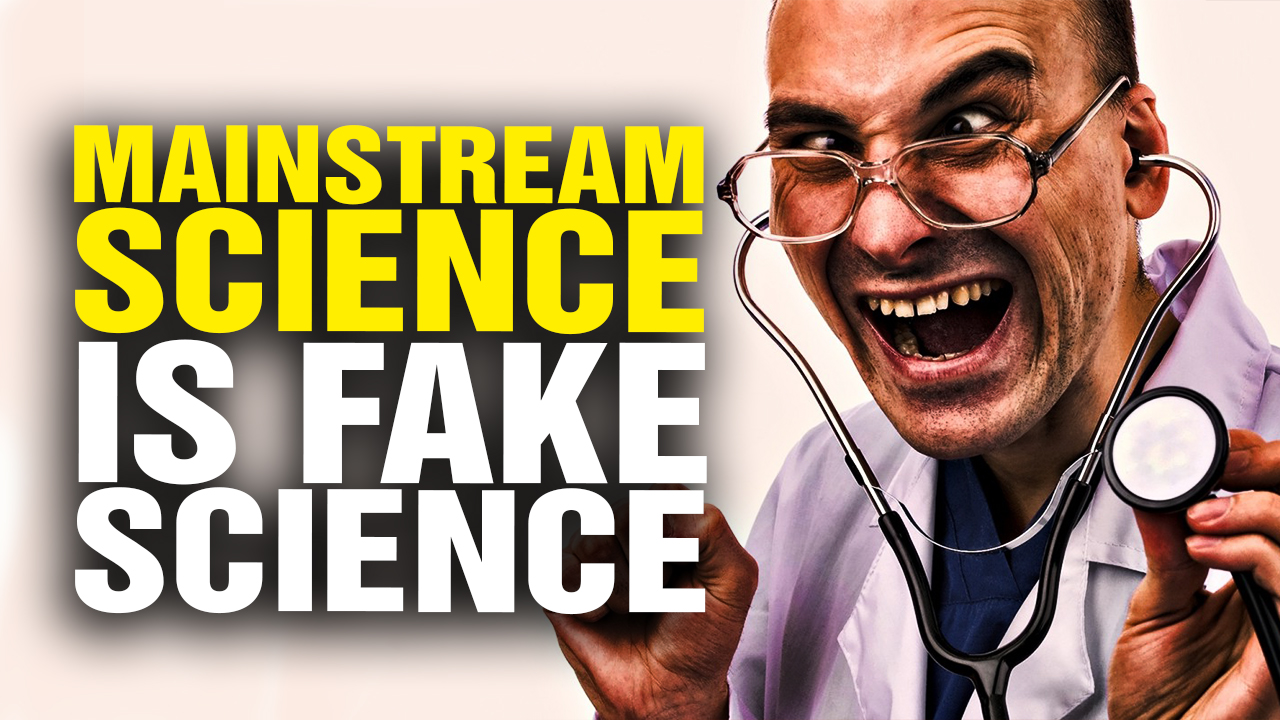Polio vaccine by Sanofi will no longer be made using aborted fetal cell line (aborted human babies)
06/11/2020 / By Isabelle Z.

One major pharmaceutical company has finally put an end to the highly controversial use of cell lines from aborted babies in some of its vaccines.
French pharmaceutical company Sanofi has announced that its vaccinations division, Sanofi Pasteur, will no longer produce the Poliovax vaccine, which used the aborted fetal cell line MRC-5. They have also stopped using the cell line for the polio vaccines Pentacel and Quadracel.
The MRC-5 cell line descends from cells that came from the lungs of a 14-week-old white male who was aborted in England in 1966 for “psychological reasons.”
Moving forward, the company will be using Vero cells derived from monkeys to make the vaccines.
Ethical medicine campaign group Children of God for Life said: “This means that for the first time in decades, Sanofi Pasteur will no longer have an aborted fetal version of polio vaccine.”
However, that doesn’t mean the practice isn’t still being used elsewhere. For example, there is another cell line in wide use that comes from an aborted baby, in this case a 12-week-old female, known as WI-38. It was first developed in July of 1962 and is commercially available.
These cell lines from aborted babies have been used for growing the viruses needed to make vaccines against illnesses such as rubella, rabies, chicken pox, polio, and measles, and experts say it’s impossible for all of the human cells to be removed from vaccines before they are administered.
Some of the ethical alternatives that can be effective for developing vaccines include placental cells, umbilical cells, adult stem cells and even cells from insects. In fact, it was reported last month that pharmaceutical company GSK was partnering with Sanofi Pasteur to come up with a vaccine against COVID-19 that used an insect-based platform. The Sf9 cell line they’re using is derived from the fall armyworm and is very effective as a medium for rapid growth; it’s been used to produce flu vaccines for many years.
Religious leaders speaking out against aborted fetal cell lines in vaccines
Bishop Joseph Strickland of Tyler, Texas, has stated that he will refuse any coronavirus vaccine that is made with tissue from aborted babies. He said in tweet on April 8: “So sad… even with Covid-19 we are still debating the use of aborted fetal tissue for medical research…let me go on record…if a vaccine for this virus is only attainable if we use body parts of aborted children then I will refuse the vaccine…I will not kill children to live.” According to Children of God for Life, several leading COVID-19 vaccines that are under development use aborted fetal cells.
A protein being used by Moderna to develop their coronavirus vaccine comes from HEK 293 aborted fetal cells, while a vaccine developer that is owned by Johnson & Johnson has been using PER C6 Ad5 technology, which comes from the retinal tissue of an aborted baby.
Of course, traces of unborn human fetuses aren’t the only thing you are injecting into your body or those of your children when you get a vaccine. They also typically contain toxic adjuvants like mercury and aluminum. The aluminum adjuvants in vaccines have been linked in studies to a higher risk of autism. It’s long been known that aluminum is a neurotoxin that can cause Alzheimer’s disease in adults, so why would anyone want to inject it into their bodies?
It is incredibly positive to see the biggest pharmaceutical company in the world devoted exclusively to vaccine manufacture and research making such a move, and one can only hope that others will soon follow suit. Although there are still plenty of other reasons to avoid vaccines, it’s still a positive move in an industry where relatively good news is extremely rare.
Sources for this article include:
Tagged Under: aborted fetal cells, coronavirus vaccine, fetal cell lines, polio vaccine, Sanofi, vaccines
RECENT NEWS & ARTICLES
ScienceDeception.com is a fact-based public education website published by Science Deception Features, LLC.
All content copyright © 2018 by Science Deception Features, LLC.
Contact Us with Tips or Corrections
All trademarks, registered trademarks and servicemarks mentioned on this site are the property of their respective owners.



















